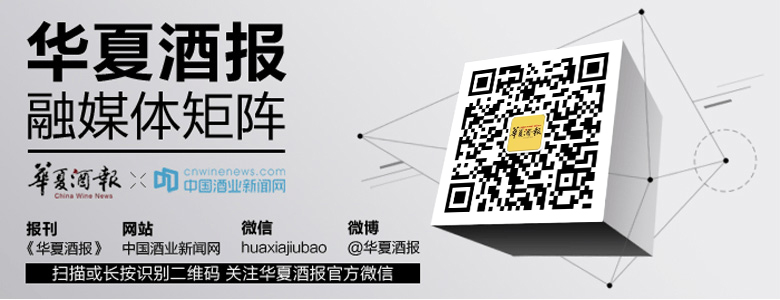China's largest duty-free market, is planning to remove value-added tax and excise tax on imported wine and spirits following the removal of tariffs, a bold move that could further boost its appeal to tourists and as wealthy Chinese consumers shift spending back home.
Yao Lei, first-class inspector of Hainan Department of Commerce, said, "In the future, goods entering Hainan through customs will be exempt from customs duties, value-added tax and consumption tax.
At present, alcoholic beverages are a commodity subject to a high excise duty and, if any import procedure is involved, VAT.
But in the future, imported drinks such as whiskey and brandy will be exempt from customs duties, value-added tax and consumption tax when entering Hainan."
However, the official did not specify a timetable for the tax collection.
Currently, China imposes a 10% consumption tax and a 13% value-added tax on imported wine, in addition to an import duty of 14%.
Whisky is subject to 20 per cent excise duty, 13 per cent value-added tax and 5 per cent import duty.
And that basically means that in the future, imported wine, brandy and whiskey sold in the duty-free province of Hainan, will be exempt from all taxes.
This will make Hainan more competitive with wealthy domestic consumers who used to fly to Hong Kong or overseas for luxury shopping.
Hainan, a subtropical island in the South China Sea, has for years led the way in tax-free shopping for domestic Chinese tourists.
And as Hainan's position strengthened during the pandemic, China's wealthy began to redirect their spending at home rather than abroad,
Alcohol and beverage consumption in the island province, known as the "Hawaii of China," has been steadily rising in recent years.
While alcohol consumption in Hainan is still dominated by Chinese baijiu, which accounts for nearly 60 per cent of Hainan's Rmb5bn-6bn annual alcohol sales, wine and beer are expanding their share to around 30 per cent.
For example, the provincial capital Haikou is a major market for alcohol and beverages, with annual sales exceeding 3 billion yuan (435.6 million U.S. dollars).
The policy is expected to attract more domestic and foreign tourists to the island after China lifted all coronavirus restrictions.
Hainan attracted more than 60 million tourists last year, and duty-free shopping for everything from luxury goods to fine wines and spirits is an essential part of their itinerary.
This means the province still has huge potential in alcohol and beverage consumption, according to the provincial Department of Culture and Tourism.
Currently, the capacity of Hainan's alcohol market is relatively low compared with other leading provinces in alcohol consumption across the country.
Alcohol consumption in the province accounts for just 9.7% of the annual total in Henan, a major baijiu drinker in China.
As of now, there are more than 300 officially authorized alcohol and beverage brands on the duty-free market in Hainan.
According to the announcement on the duty-free Shopping Policy for tourists on Hainan's outislands, issued on June 29, 2022, imported wine and spirits are included in the newly authorized commodity category, with each person allowed to buy 1,500 ml duty-free alcoholic beverages, or two bottles of wine with standard specifications at a time.
Industry insiders point out that the current Hainan market capacity is relatively weak, and is mainly restricted by local consumption capacity and alcohol consumption habits.
However, with the implementation of the tax policy, more imported wine and spirits brands will choose to set up branches in Hainan, which will further promote the development of Hainan wine market.

